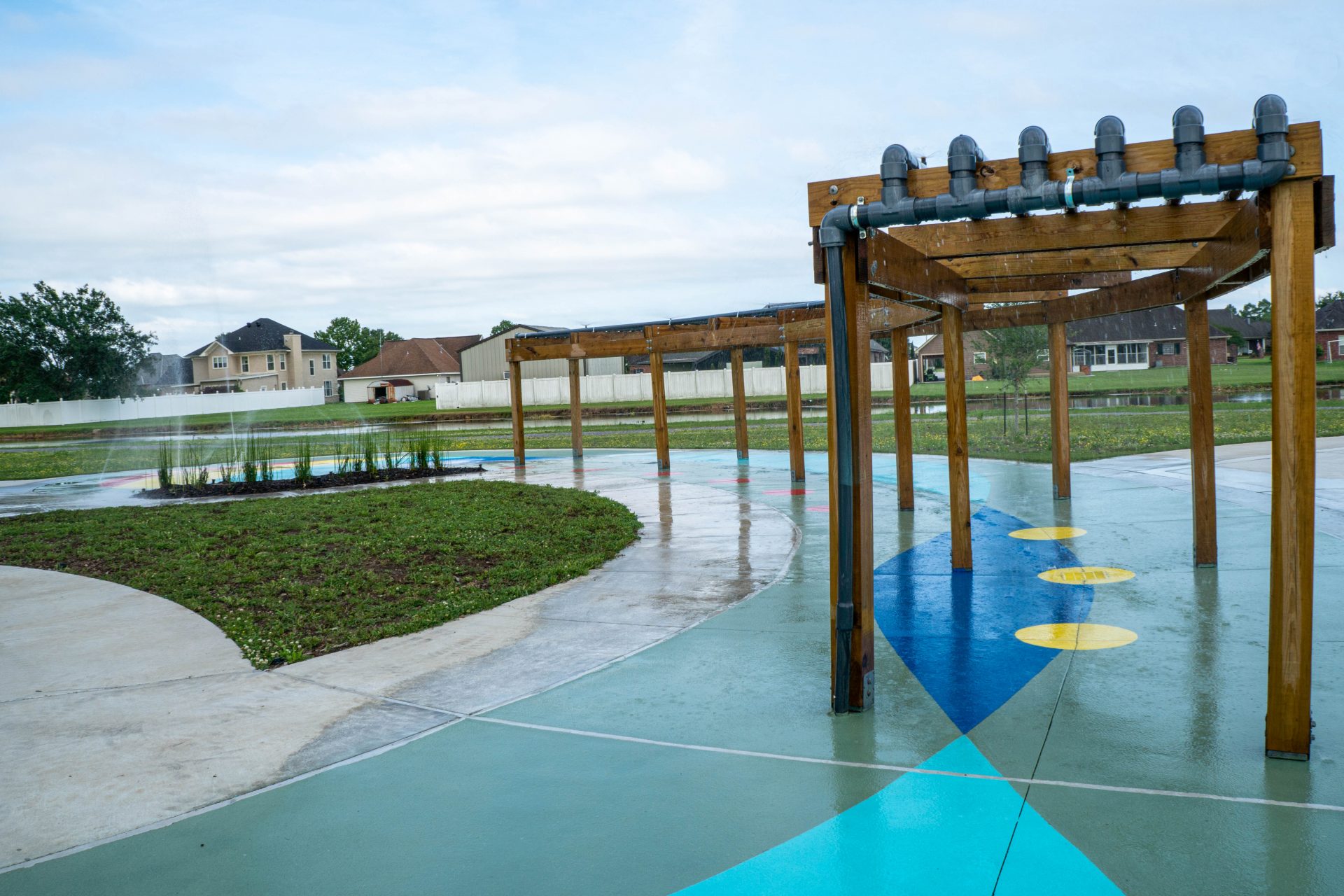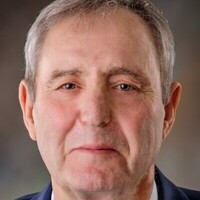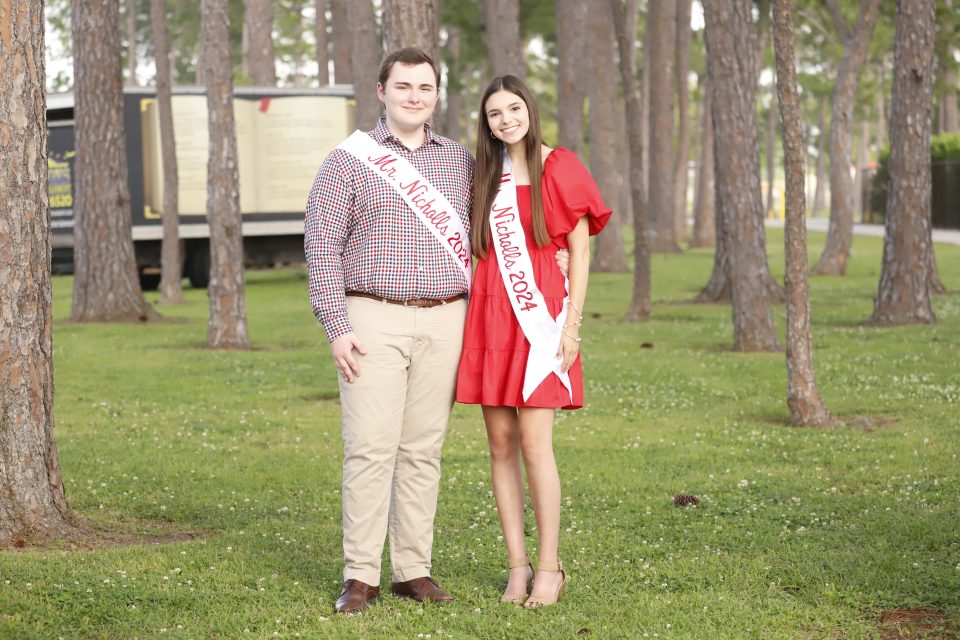
Bayou Country Sports Park Splash Pad New Hours of Operation
August 25, 2021
Orville Adam Callahan
August 25, 2021Nicki Boudreaux is a Mass Communication Professor at Nicholls State University. She thrives when she’s working with students and being involved on campus. “I’m a people person, “she said. ”My favorite part about my job is interacting with students. You can’t do that virtually in the same way as you can face-to-face.” She has been diagnosed with Multiple Sclerosis that requires a medication that suppresses her immune system, which was a huge setback when the COVID-19 pandemic began.
“When everything sort of happened with the initial lockdown, I went to teaching online and stayed home because I’m immune-compromised. I stayed home and taught virtual classes for a year until I was able to get vaccinated,” she said. Boudreaux didn’t go anywhere except doctor’s appointments. She and her family did not go out to eat, shop, or do normal activities every day, even when places started opening back up. She said it was terrifying for her, especially at the beginning of the pandemic, because there was so little known what it would do to people in her condition. For her, staying safe meant for her and her family to be isolated, which they had to for close to a year. They would get together with neighbors outside on patios, spread out, just to get some socialization. She said she’s always openly dealt with anxiety, which she had in control before the pandemic, and the isolation did push her anxiety up once again.
The professor said Nicholls did an amazing job on handling the switch to virtual and supported faculty greatly when it came to providing tools and quality education. However, as many can agree, it’s not the same as in-person instruction. For Boudreaux, it was the first step for her to get back on campus and back with her students. She said while laughing, “I told my students, get ready because as soon as I can get enough immunity, I’m coming back!”
Boudreaux said she didn’t think twice about it when the vaccines became available. “With my condition, I take many medications that have potential side effects, and for me, it’s always been, ‘do the benefits outweigh the risks,’” she said. She explained she has great physicians who she trusts. She admits she was nervous, even having a panic attack about getting it; however, she was confident because she talked to her physicians. She said she felt confident because they studied the science and recollected her physician at Oschner, who had a virtual Zoom meeting with her immunocompromised patients to explain the vaccinations, debunk myths, explained the mechanisms of actions, and explained the safety profiles. It was when her doctor told them they want their patients with MS to get the vaccine that she knew she was going to get the vaccine without question.
Although she did have a panic attack and some mild symptoms such as a sore arm, fever, and flu symptoms, she doesn’t regret the decision. “I knew, for me, it was the right decision,” she said. “My family knew they were going to get the vaccine as soon as they can.” She said she felt immediate relief because she was going to get her life back.
She said she was never so happy to step on Nicholls campus like the first time she went back to work after being vaccinated. “I felt protected and safe, like I can finally return to life again,” she said.
After learning about the availability of the third booster vaccine, she said she did not think twice about getting it, “The only reason why I waited until that Friday to take it was because I wanted to give the weekend in case I had side effects. To me, the more protection, the better. A lot of the research I’ve done, all the physicians I spoke to, there really wasn’t a reason for me not to get it.” She said she would rather take 24 hours of the side effects over getting sick with COVID.
She also said she knows, realistically, that the vaccine is there to try to prevent hospitalization along with deaths, and the numbers are there to show that the vaccine is doing just that. “Will I still get COVID at some point? I’m sure it’s possible,” the professor said, “at some point, we will all get it, but by then, hopefully, we will all have immunity to it that it will just be knocked down when we do.”
The MACO professor said one of the issues in the controversy of the vaccination is the spread of misinformation. She said as a mass media professor, one of the hardest parts about the pandemic is seeing the misinformation spread faster than the virus itself. She said it’s been hard to watch, so she advises people to do the research, use reputable sources, and to research before blindly sharing posts on social media.
“I would tell them to talk to their doctor first. Secondly, I would tell them to be careful where they’re getting their information,” she said. “Ultimately, the vaccine is a decision one has to make for themselves and their families, but I think if your physician is telling you it’s okay to do it if you speak to multiple healthcare professionals that are telling you to do it, and if you read the science, to me that’s what helped me feel better about it. That’s what I would tell people who are on the fence about it.”








